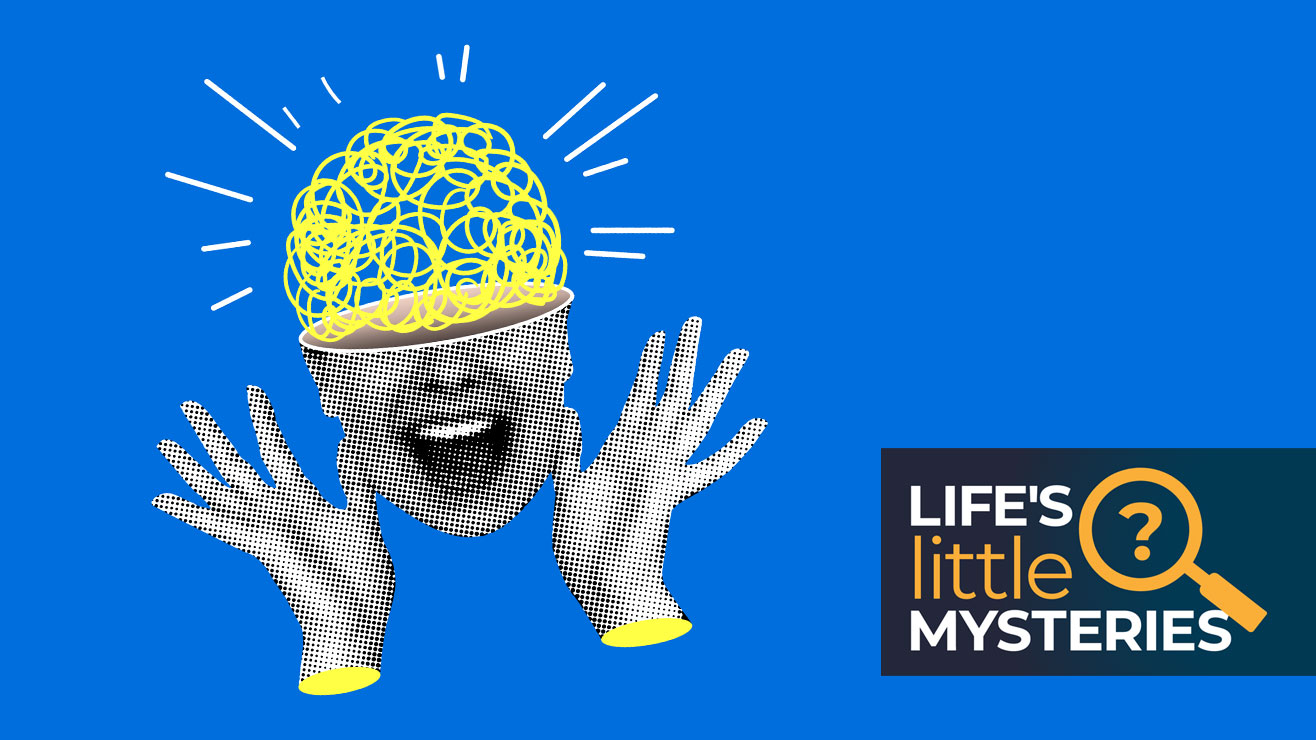7 Reasons America Still Needs Civil Rights Movements
Racial equality's long fight
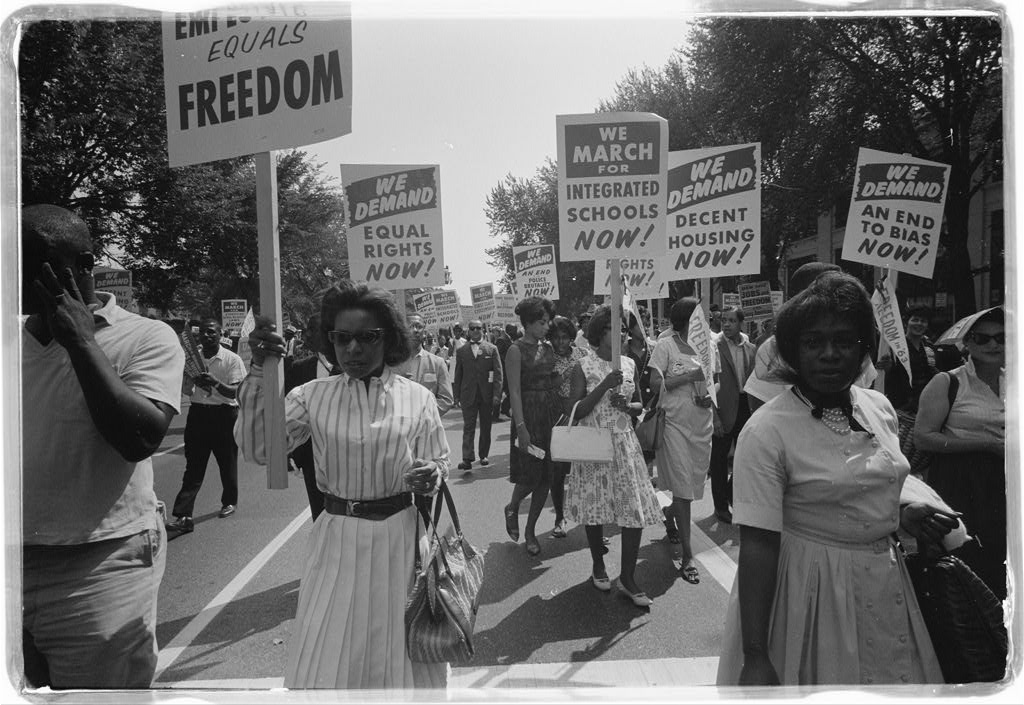
Fifty years after the March on Washington, persistent gaps remain between blacks and whites. Poverty, unemployment, voting rights and racial disparities in education are still issues today, as they were for those who marched for freedom and jobs in 1963. Today, the mass incarceration of blacks adds to the burden. Here is a brief rundown of reasons experts say the United States still needs the civil rights movement.
Poverty
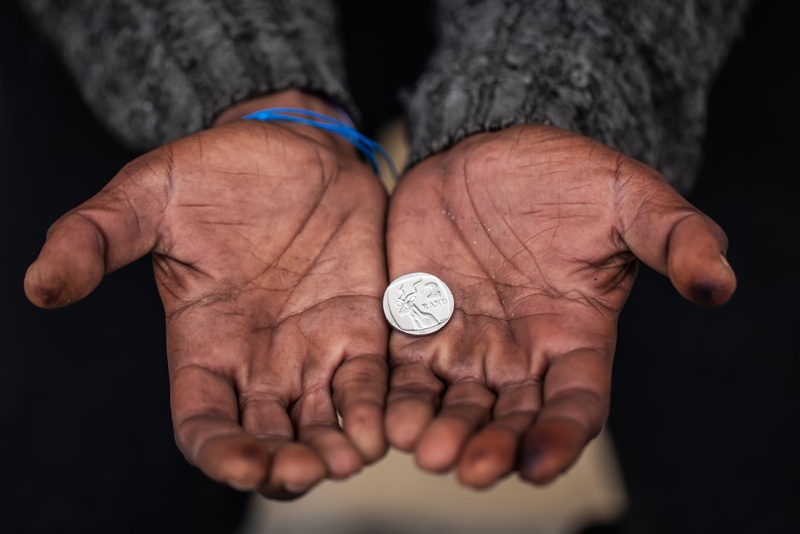
The poverty rate for blacks is much higher than whites in America. In 2010, 27.4 percent of blacks met the poverty threshold, but only 9.9 percent of non-Hispanic whites did the same, according to the National Poverty Center. The number of children living in poverty is even higher. Only 12 percent of white children live in areas of concentrated poverty, compared with 45 percent of black children, according to a report from the Economic Policy Institute.
Jobs

Today, though the black middle class has grown to about 10 percent of all black households in the United States, the unemployment rate remains twice that of whites (12.6 percent vs. 6.6 percent in 2012, respectively). The wage gap persists for black men and women, who earned 74.5 percent and 69.6 percent, respectively, of a typical white man's wage in 2010 — a difference of 25 to 30 percent, according to 2011 report from Harvard researchers.
Education

Schools are more segregated now than they were 30 years ago, according to a 2012 study from the Civil Rights Project. And almost 90 percent of segregated African-American and Latino schools experience concentrated poverty, the report found. The cascading effects of inequalities in education extend to college. The national college graduation rate is 57.3 percent, but 44.8 percent for black women and 33.1 percent for black men, the U.S. Department of Education reports.
Health

There are striking and apparent health disparities between African-Americans and whites, according to the Centers for Disease Control and Prevention (CDC). These include life expectancy, death rates, infant mortality and lack of health insurance. Many blacks also face discrimination in the doctor's office. Studies show that doctors treat black patients differently than whites.
Prison
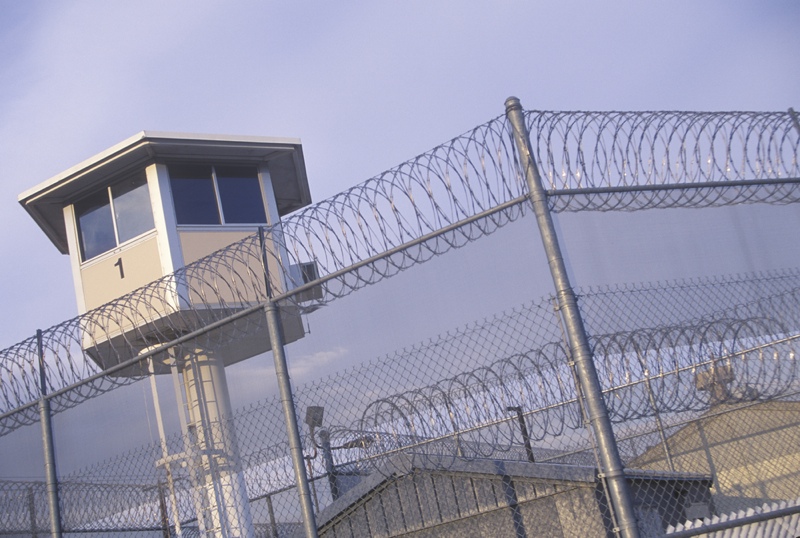
There are more blacks in the prison system today — in prison or jail, on probation or parole — than in slavery in 1850, according to research by Michelle Alexander, a professor at Ohio State University. The War on Drugs is partly responsible. Blacks are 3.73 times more likely to be arrested for marijuana possession than whites, according to an American Civil Liberties Union report.
But even without drugs arrests, blacks are put in prison at rates six times higher than whites, according to the NAACP. Practices such as New York City's controversial stop-and-frisk policy target people with black or brown skin color. In New York City, a federal judge recently found the policy violates minorities' civil rights.
Voting rights
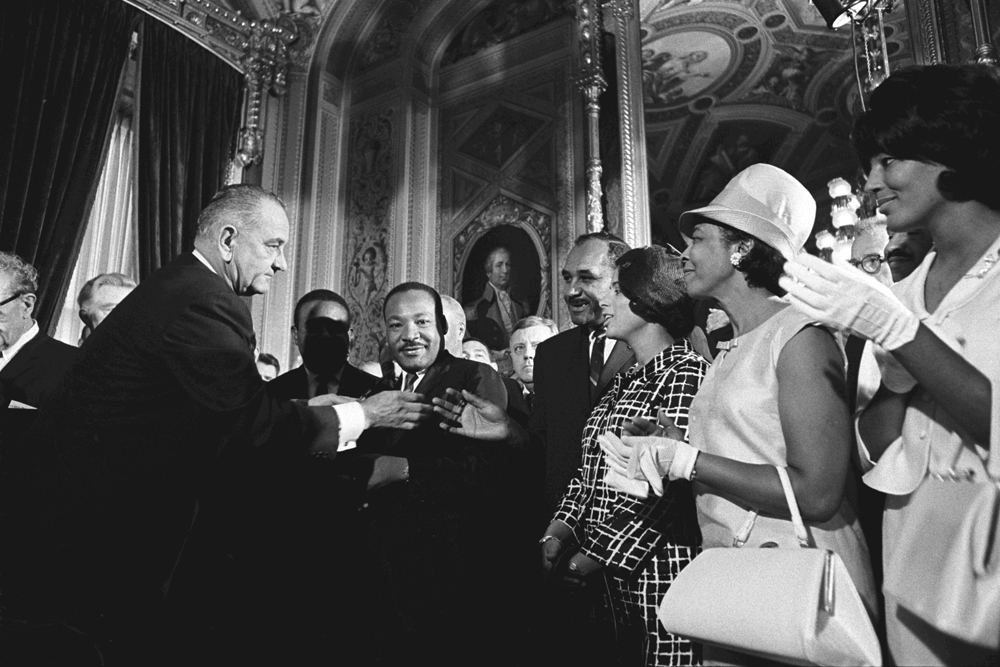
Criminal records remove access to voting rights and lead to job, education and housing discrimination. Across the country, 13 percent of black men have lost the right to vote, according to the Brennan Center for Justice. And states are adding new restrictions, such as voter id laws, since the Supreme Court declared a key section of the 1965 Voting Rights Act unconstitutional in June 2013.
Get the world’s most fascinating discoveries delivered straight to your inbox.
Racial tensions
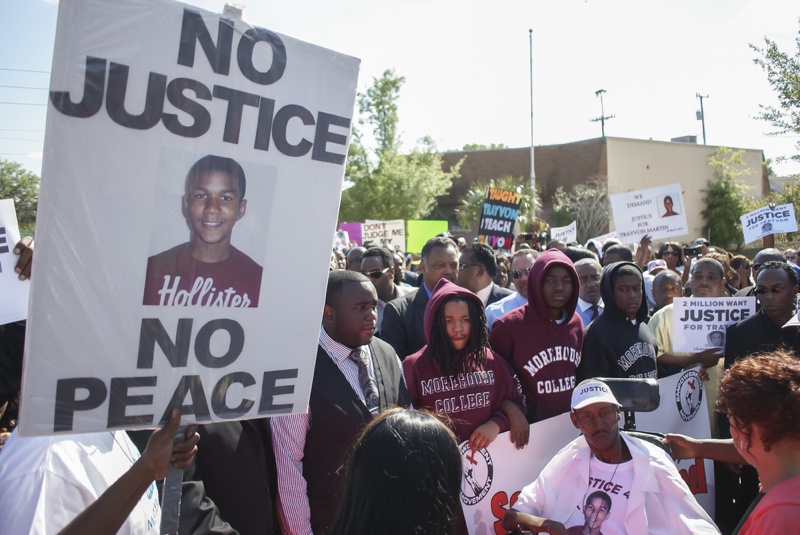
Whites don't support civil rights for people of color as broadly as in the 1960s, according to surveys and polls. And some whites are indifferent to the racial injustices blacks faces, a Pew Research Center study found. For example, 70 percent of black think they are treated less fairly than whites in dealings with the police. Only 37 percent of whites said the same. Sixty percent of Americans say the country is more divided than 10 years ago, according to a 2013 Atlantic/Aspen Institute American Values survey.
Email Becky Oskin or follow her @beckyoskin. Follow us @livescience, Facebook & Google+. Original article on LiveScience.



